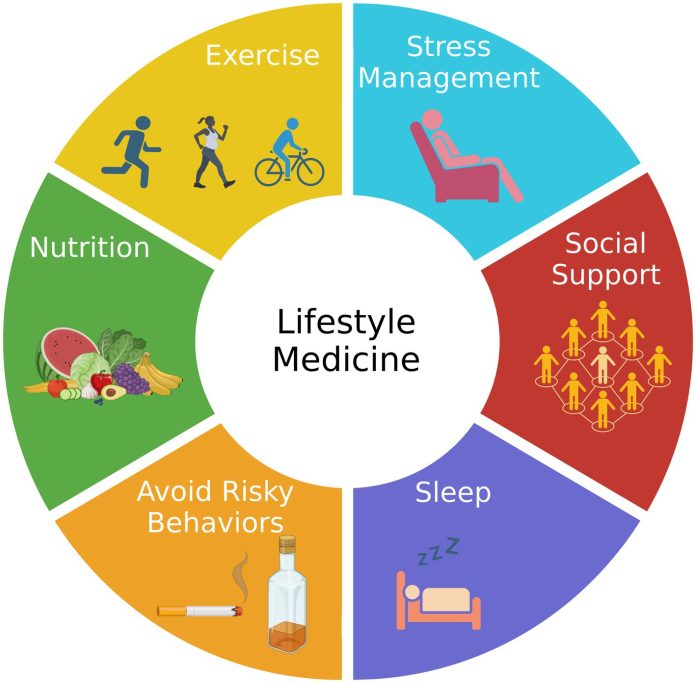Facebook Twitter (X) Instagram Somali Magazine - People's Magazine
As Alzheimer’s and related dementias continue their global rise, the latest scientific findings bring renewed hope: healthy lifestyle changes—even later in life—can measurably slow cognitive decline and reduce the risk of dementia.
Landmark U.S. POINTER Trial: Lifestyle That Works
In July 2025, the Alzheimer’s Association presented landmark findings from the U.S. POINTER clinical trial at the Alzheimer’s Association International Conference. Over two years and across five clinical sites, more than 2,100 adults aged 60 to 79—all at elevated risk for cognitive decline—were enrolled in one of two lifestyle intervention programs.
The trial compared a structured program—featuring regular professional coaching, peer support, scheduled group activities, goal-setting, and health monitoring—with a self-guided approach, where participants had access to resources but less formal oversight.
Both groups showed significant gains in cognitive function—especially in executive functions such as planning, focus, and problem-solving. However, participants in the structured intervention experienced even greater improvement in global cognition.
The benefits were consistent across gender, ethnicity, heart-health status, and genetic risk, making the study the first large-scale trial to validate a scalable, multidomain lifestyle strategy in a diverse U.S. population.
Though the absence of a no-treatment control group limits conclusions on how much improvement comes from the program versus repeated testing, even self-guided participants saw positive gains—a promising sign for community-level interventions.
Key Lifestyle Domains That Protect the Brain
Participants in both interventions focused on five key lifestyle components proven to support cognitive health:
- Physical exercise: combining aerobic, resistance, and stretching routines
- MIND diet adherence: emphasizing leafy greens, berries, nuts, olive oil, whole grains, beans, fish, and poultry while limiting red meat, cheese, sweets, and fried food
- Cognitive and social engagement: training, games, book clubs, and connection with others
- Heart health monitoring: managing blood pressure, cholesterol, weight, and blood sugar
5. Goal-setting and coaching support: especially for the structured arm of the study
Experts emphasize that what’s good for your heart is generally good for your brain and that these interventions may protect cognitive function for up to two years, with long-term follow-up continuing.
MIND Diet: A Proven Protective Pattern
Separately, a large observational study followed nearly 93,000 U.S. adults aged 45–75. It found that adherence to the MIND diet—a hybrid of the Mediterranean and DASH diets—was associated with a lower risk of developing Alzheimer’s or dementia. Among African American, Latino, and white participants, risk reduction reached up to 13 percent, and climbed to 25 percent for those whose adherence improved over a decade. Notably, these benefits appeared even when diet changes began later in life.
The MIND diet emphasizes antioxidant-rich, nutrient-dense foods: green leafy vegetables, berries, nuts, legumes, whole grains, olive oil, fish, and limited intakes of red meats, cheese, pastries, and fried foods.

